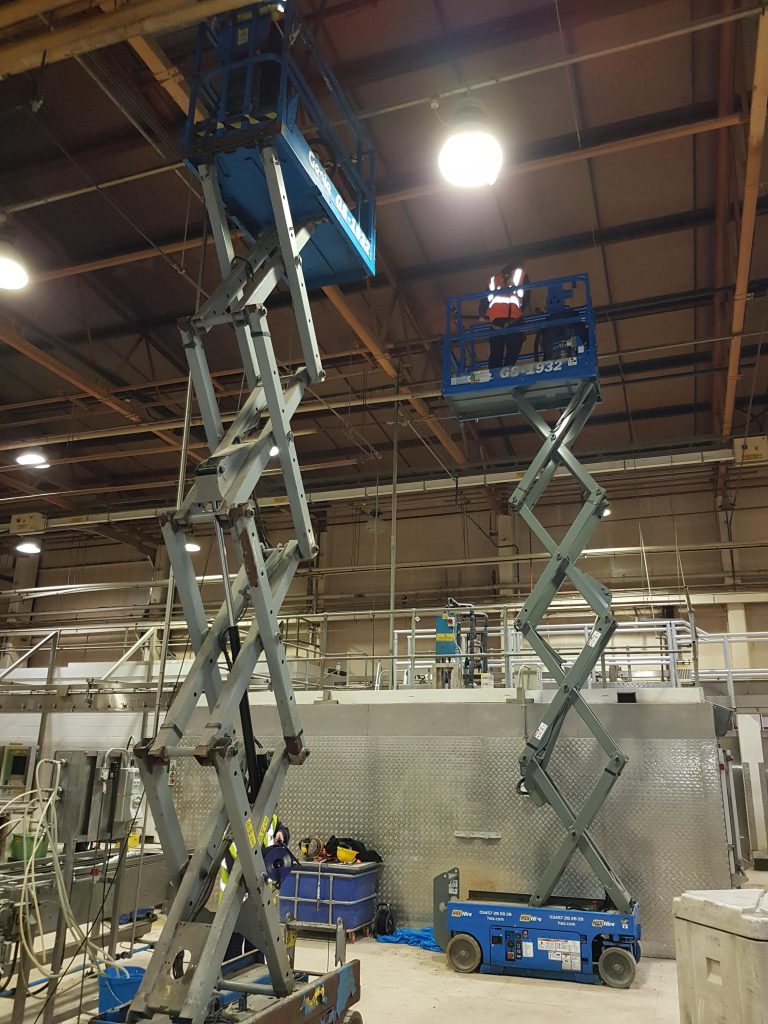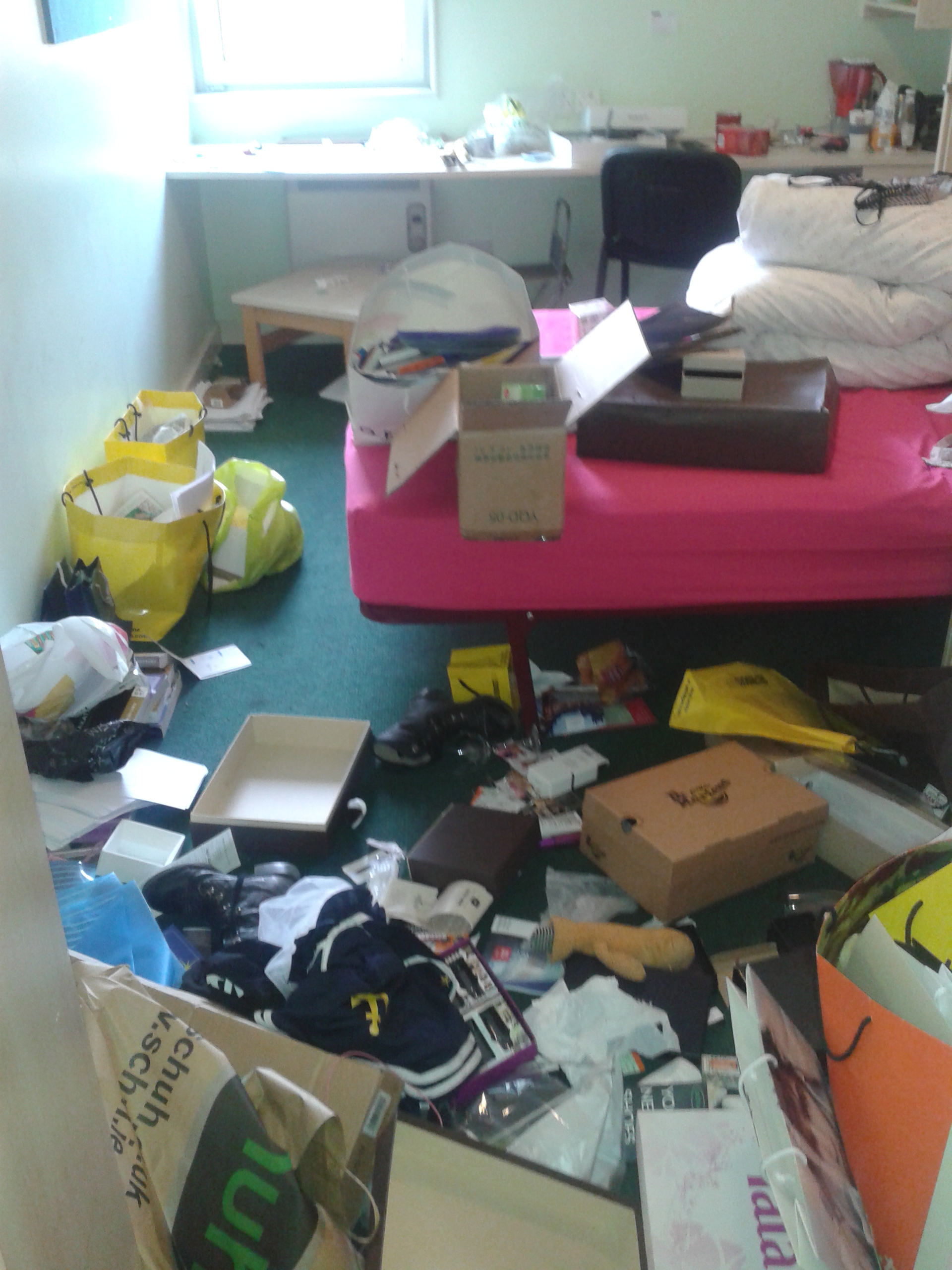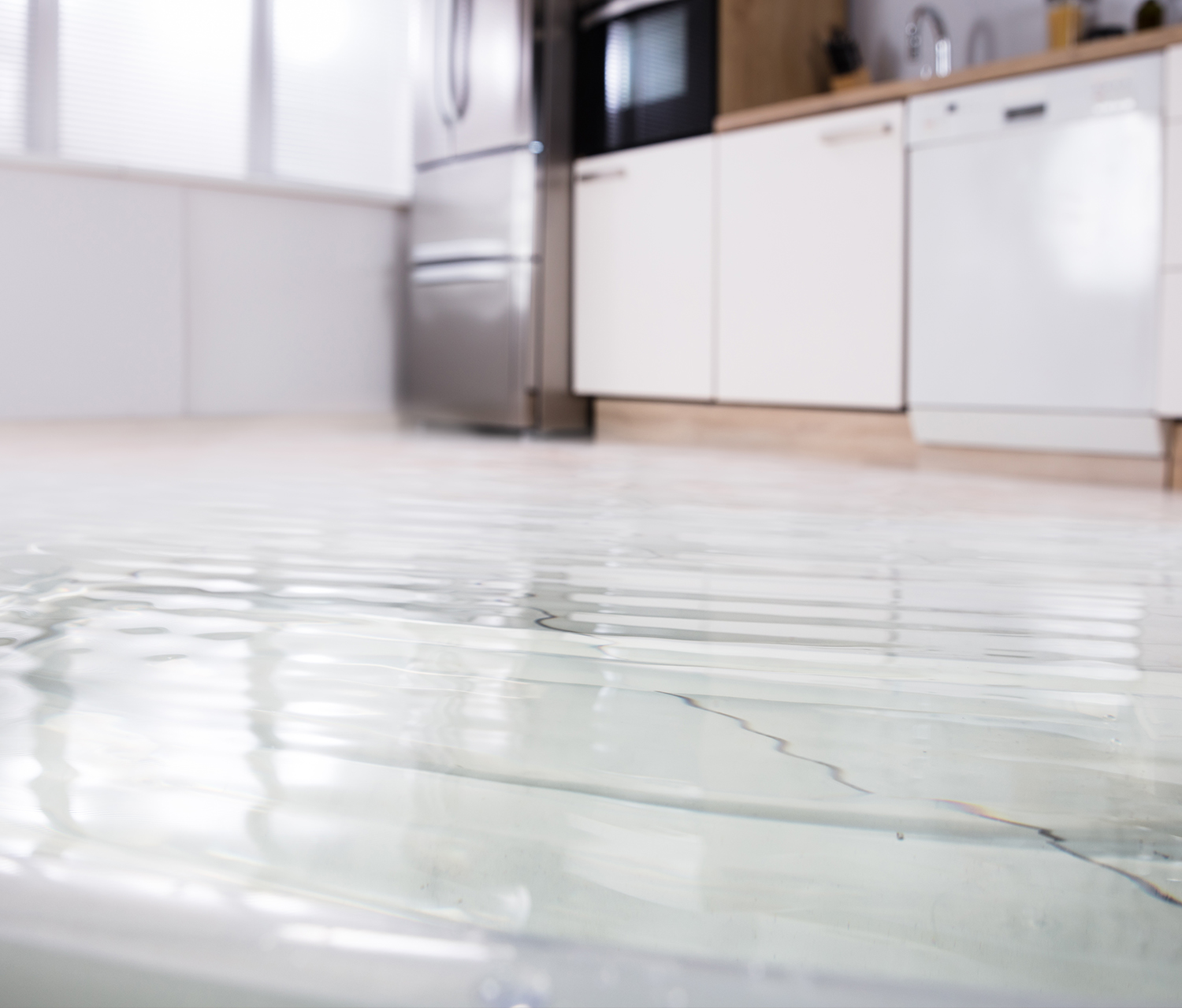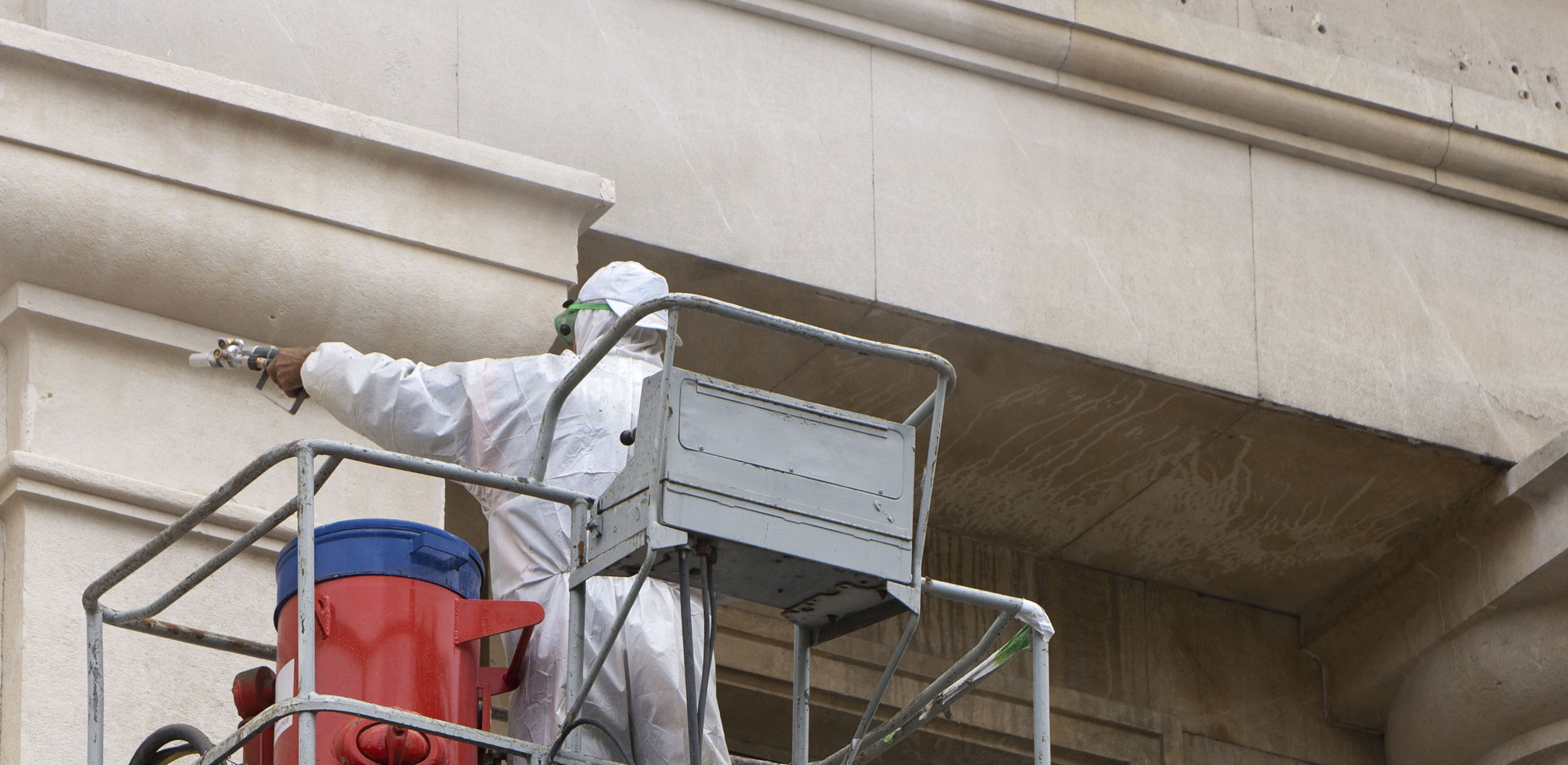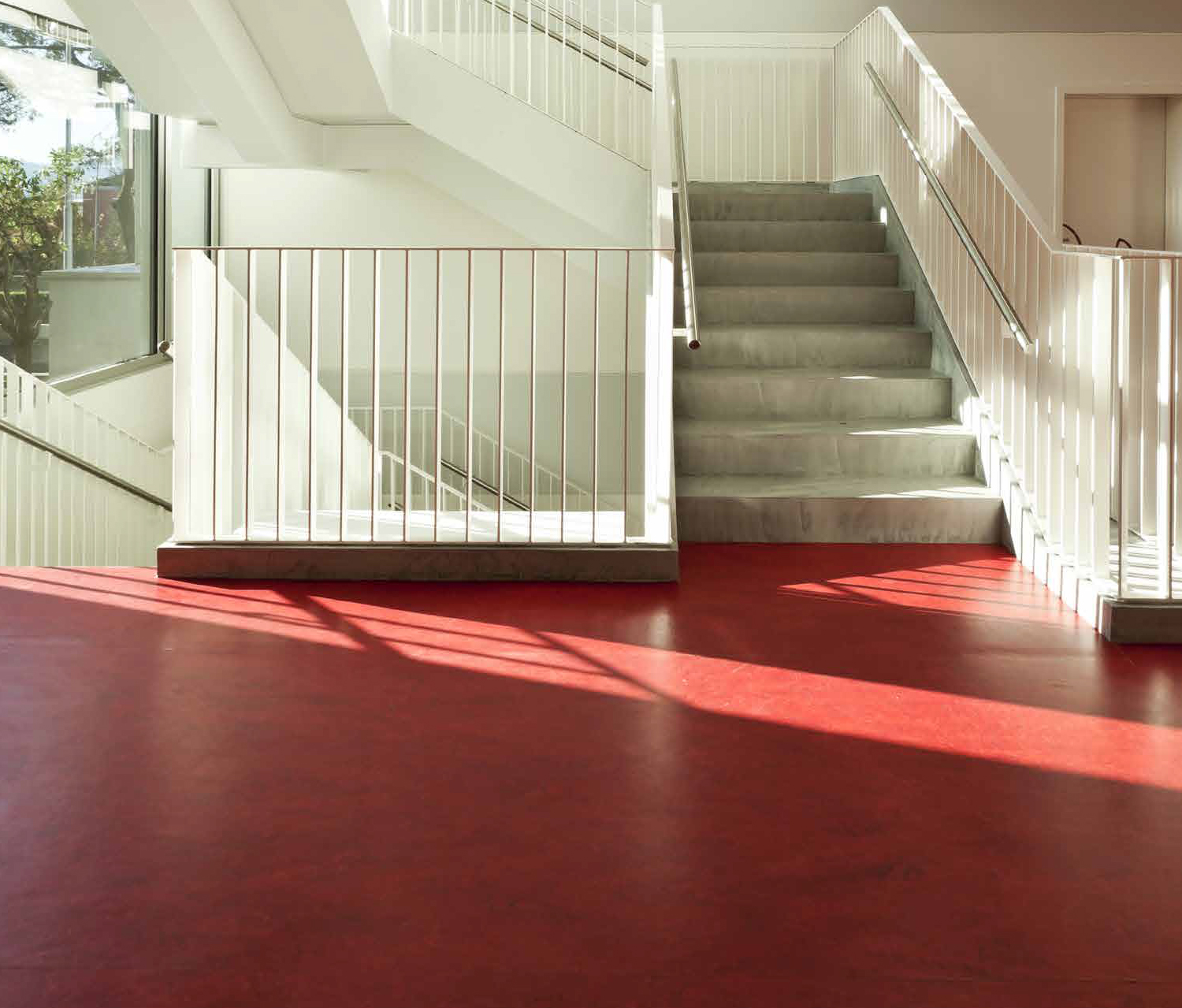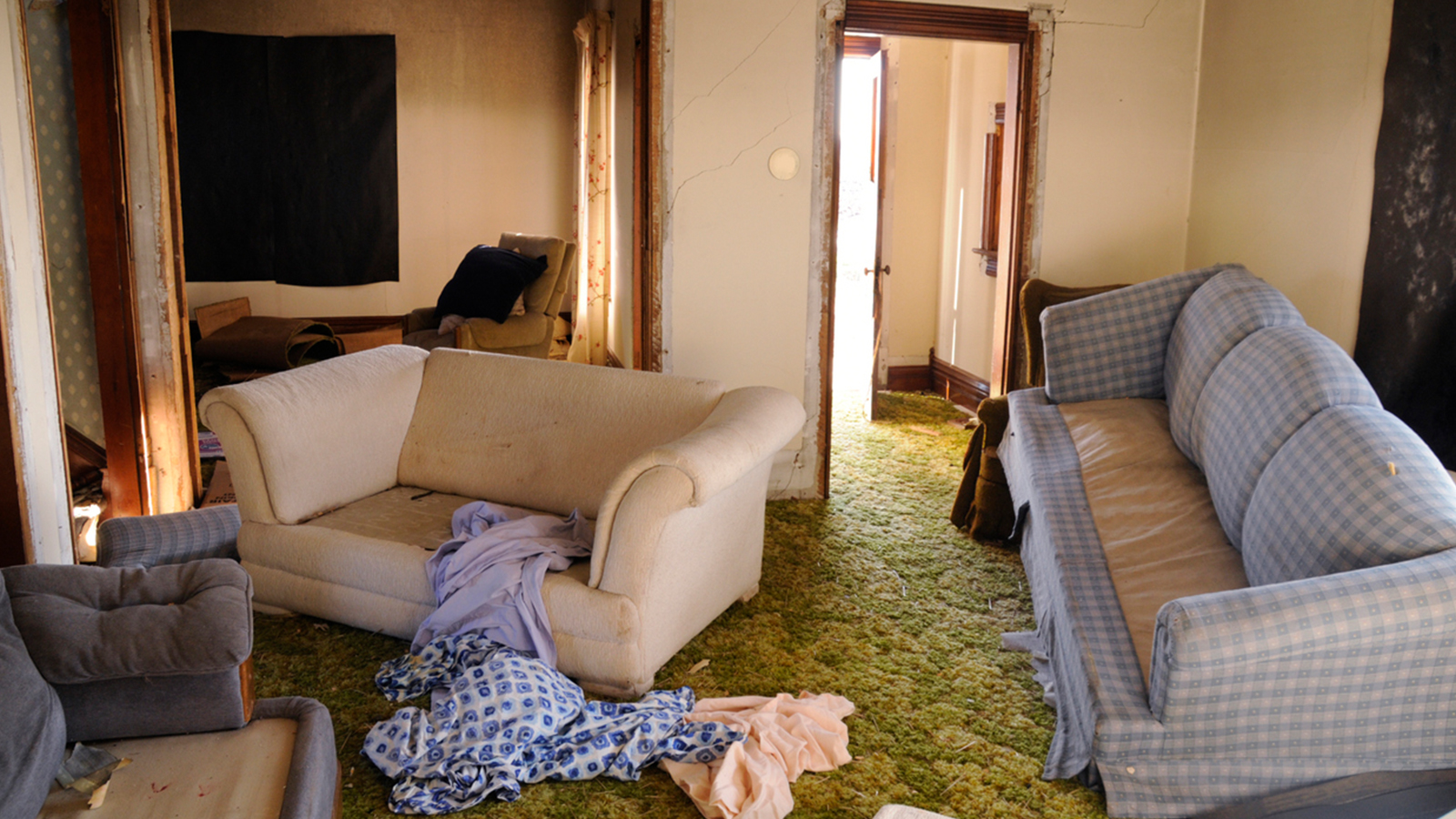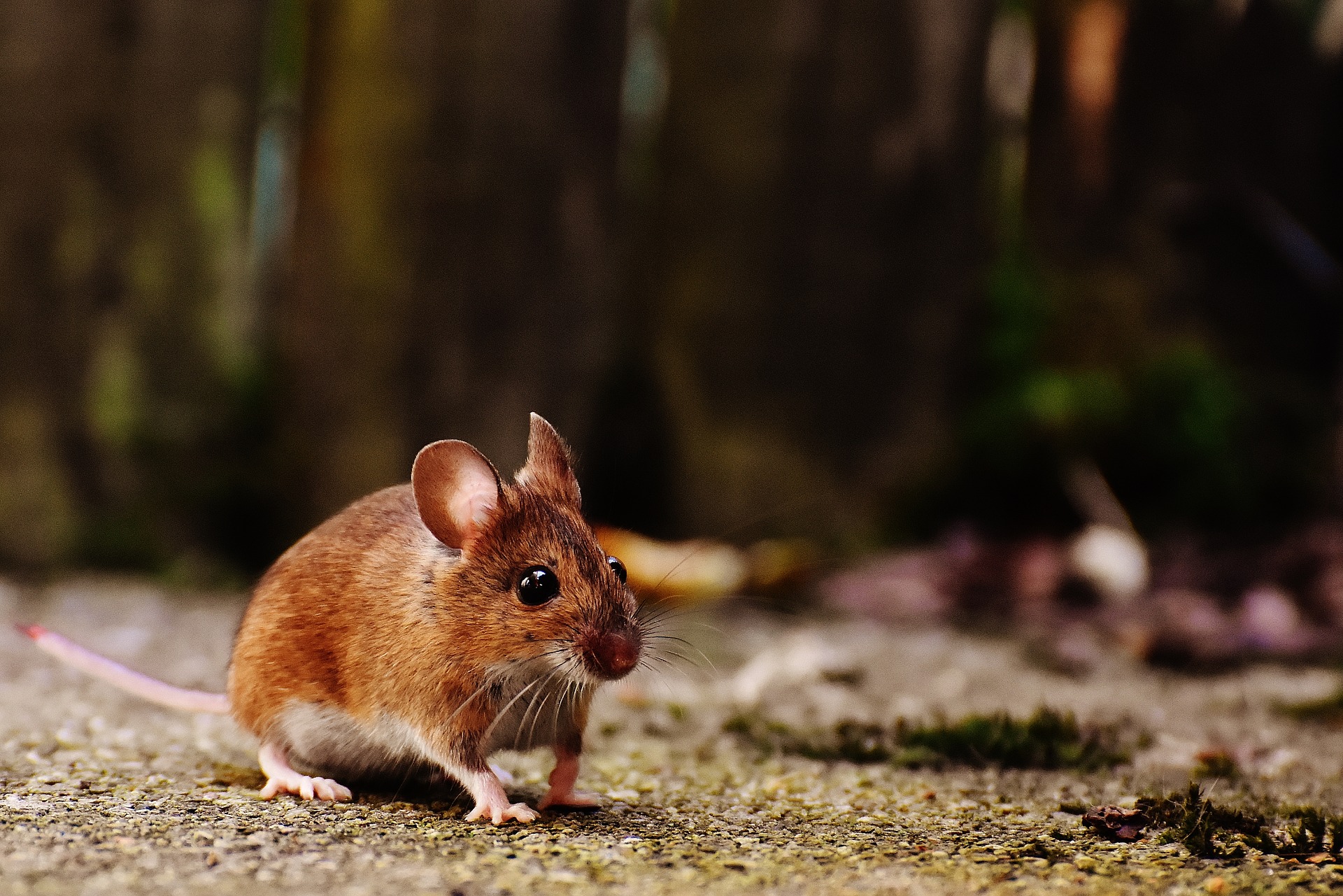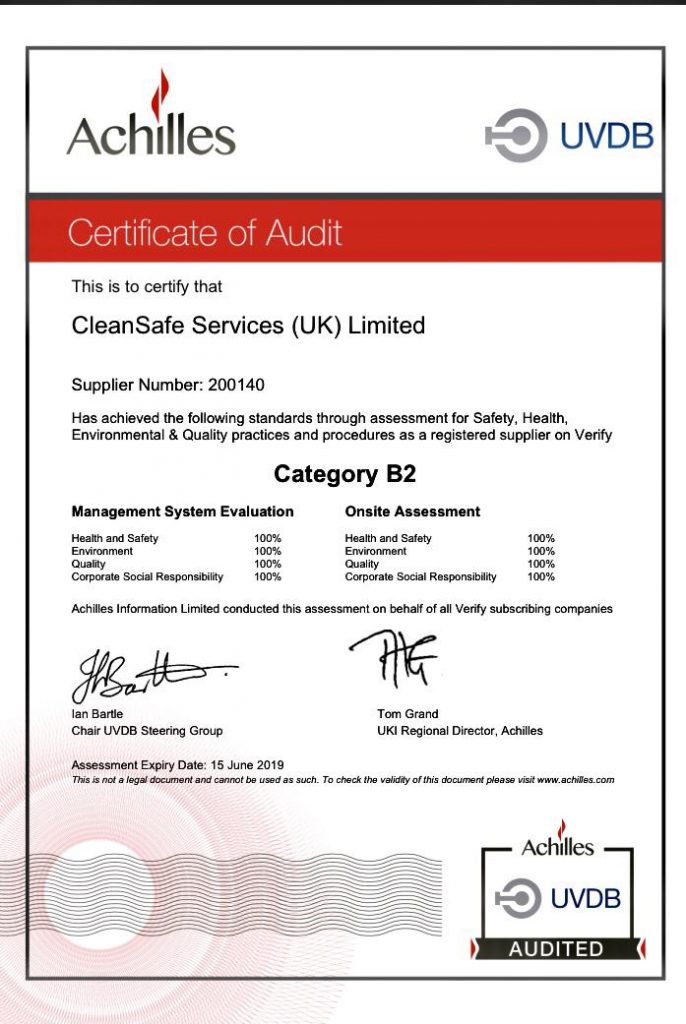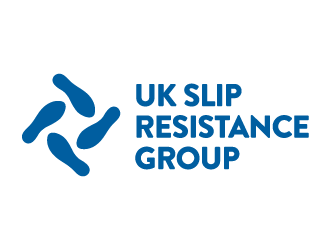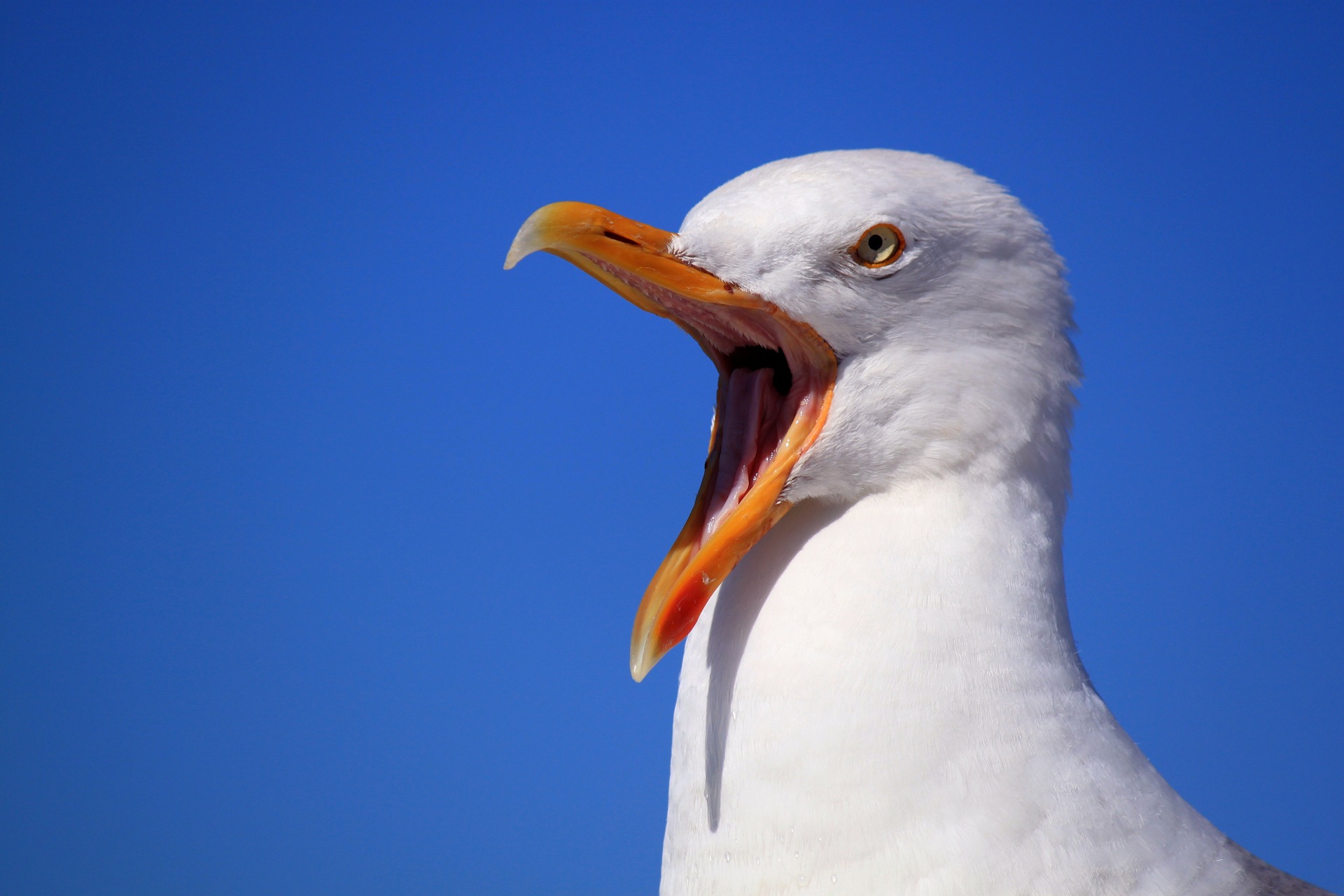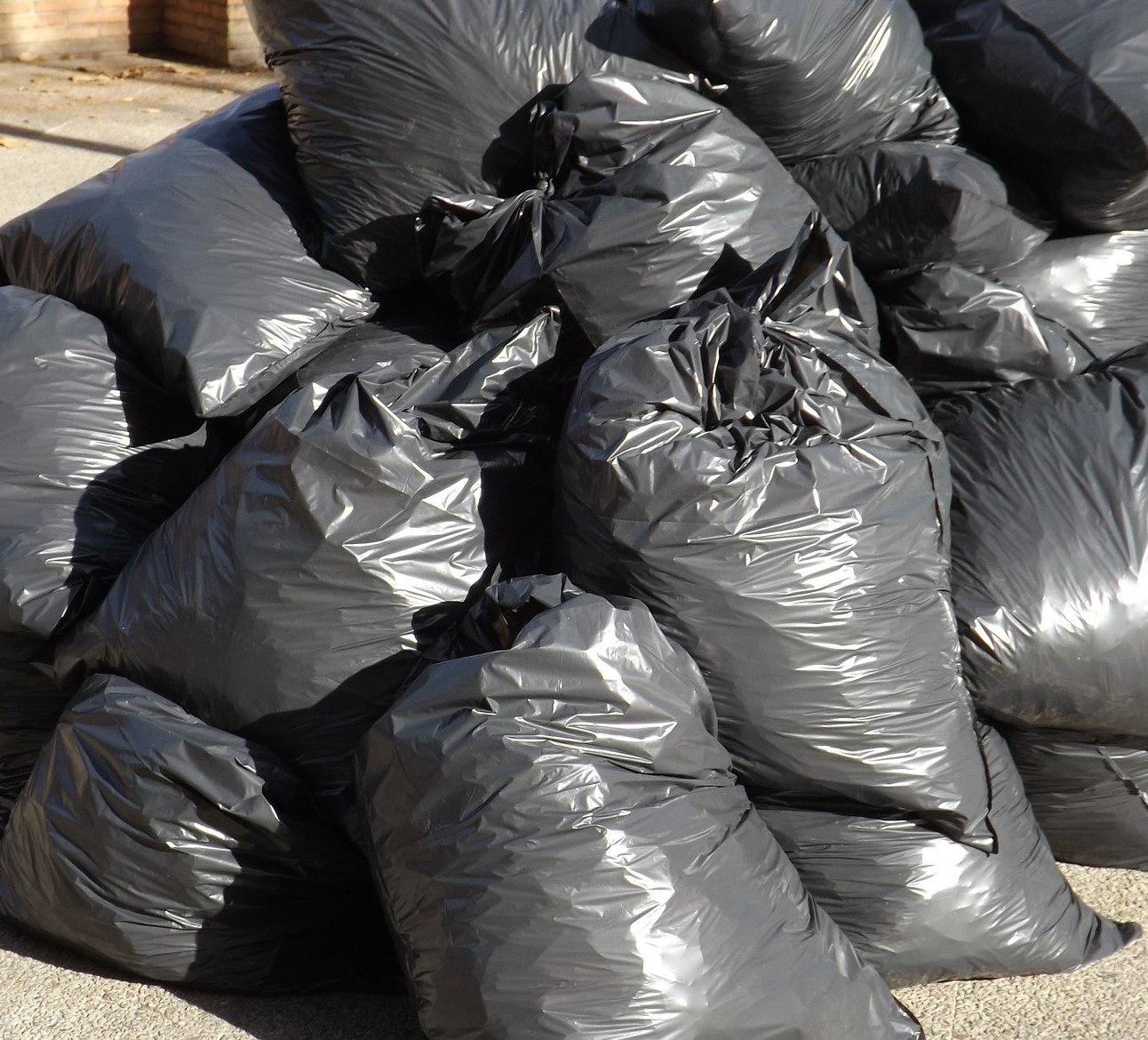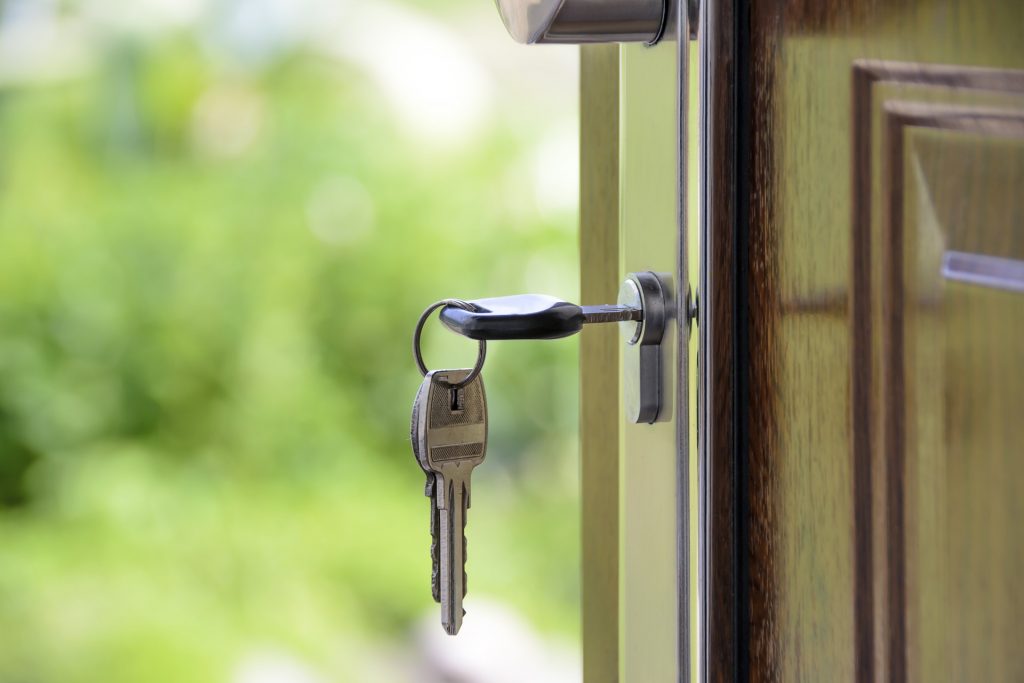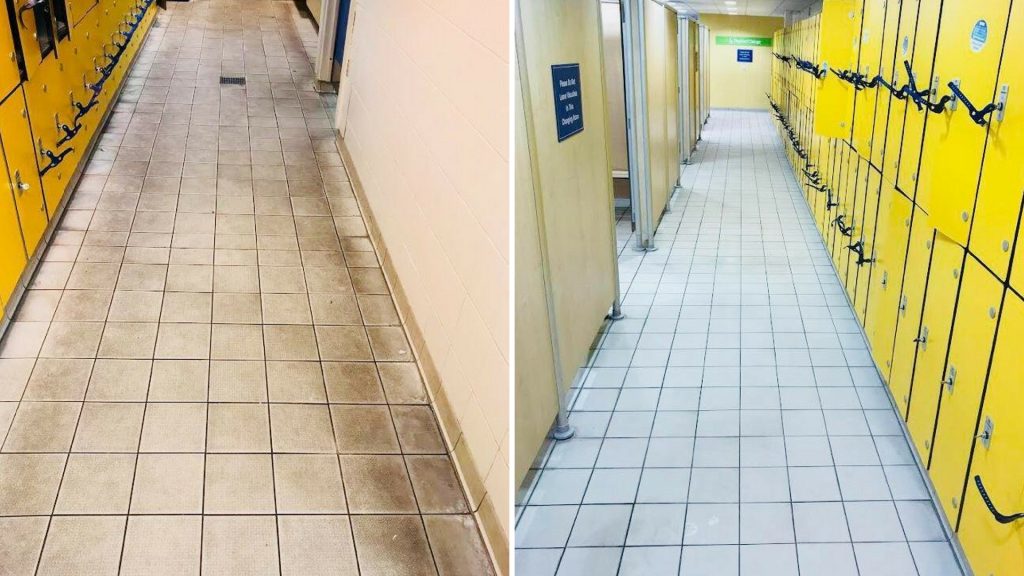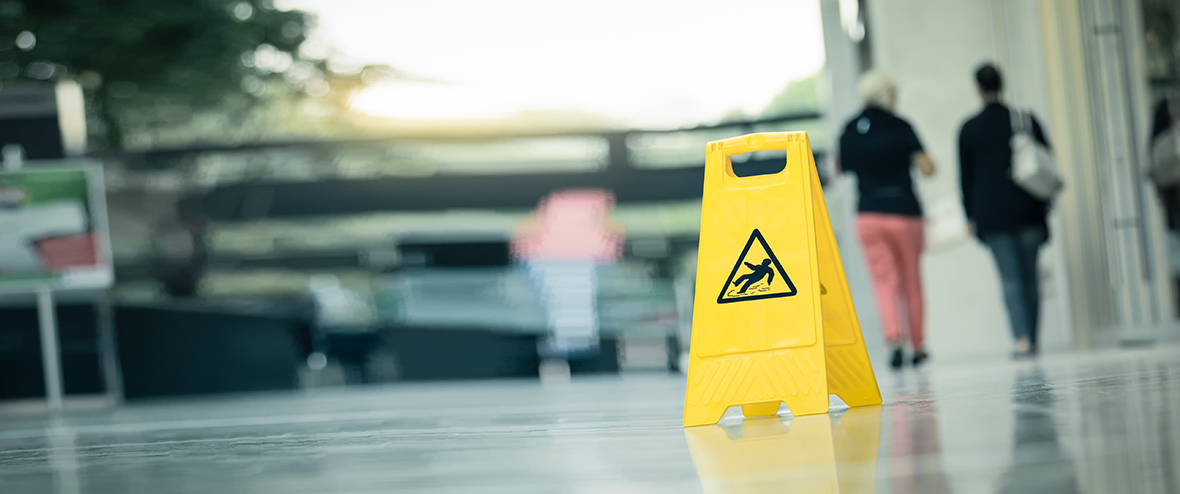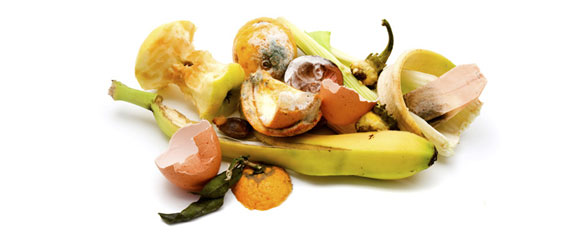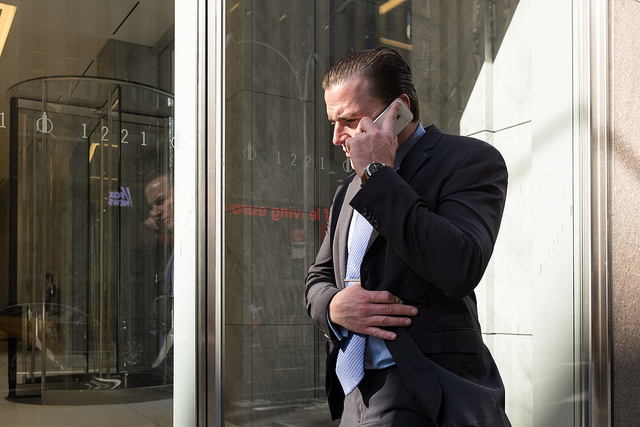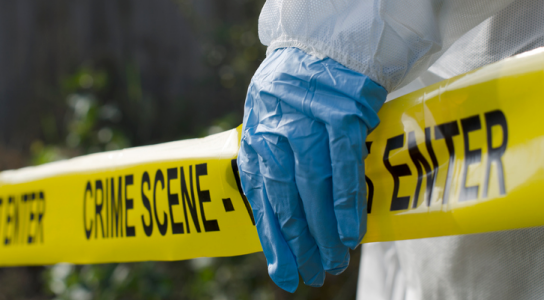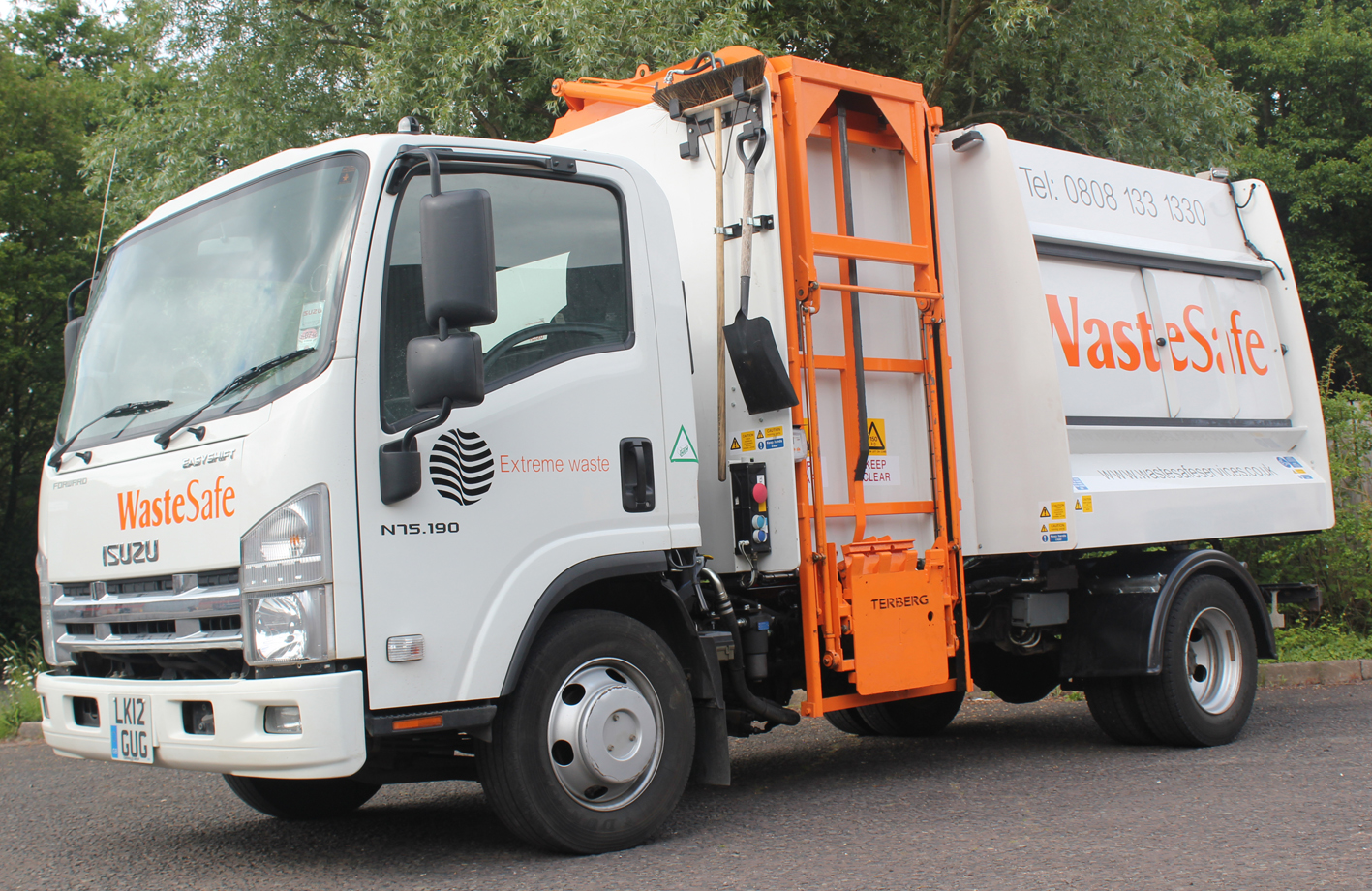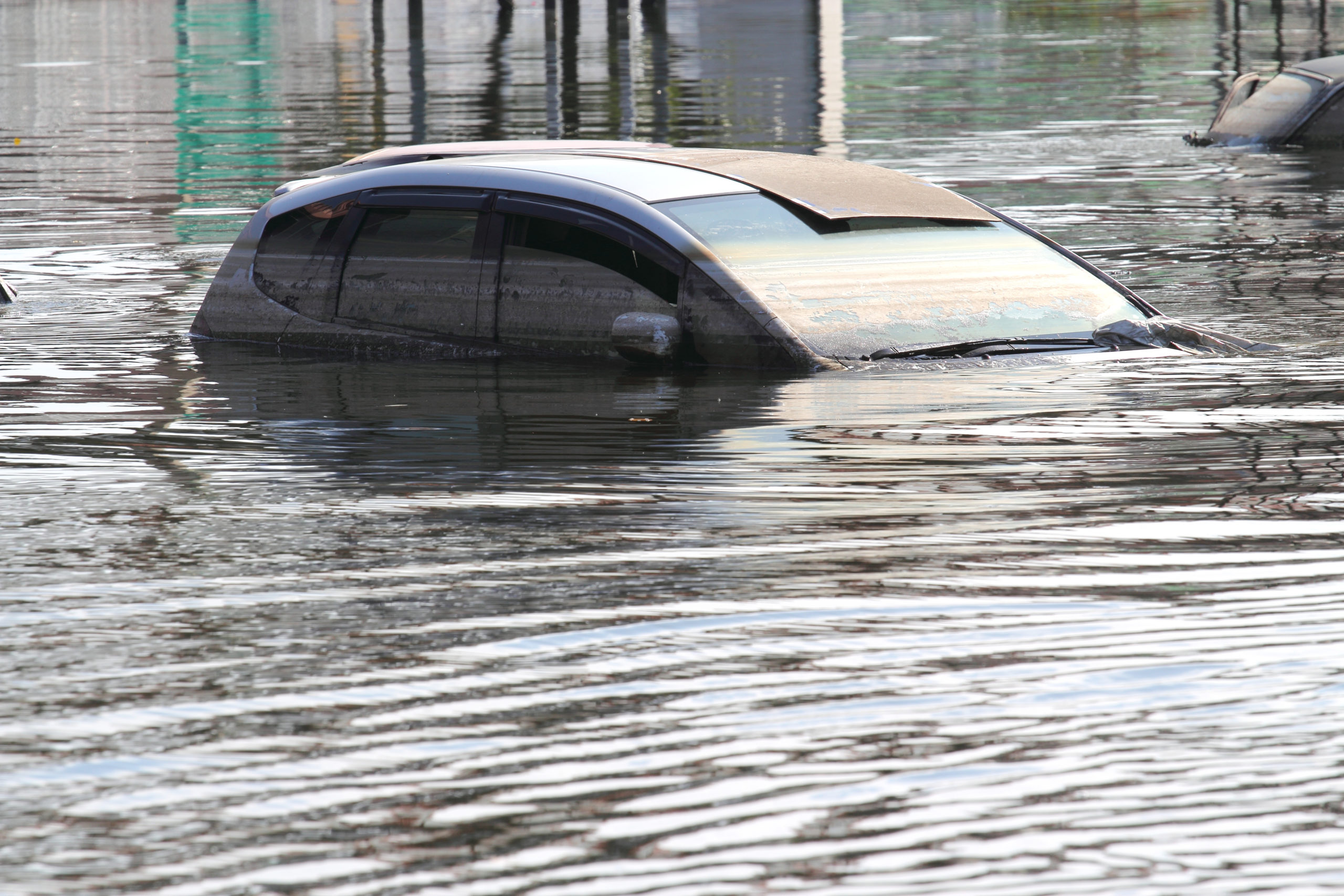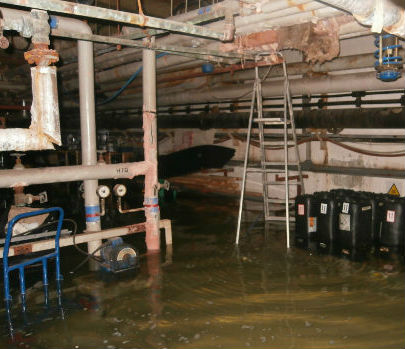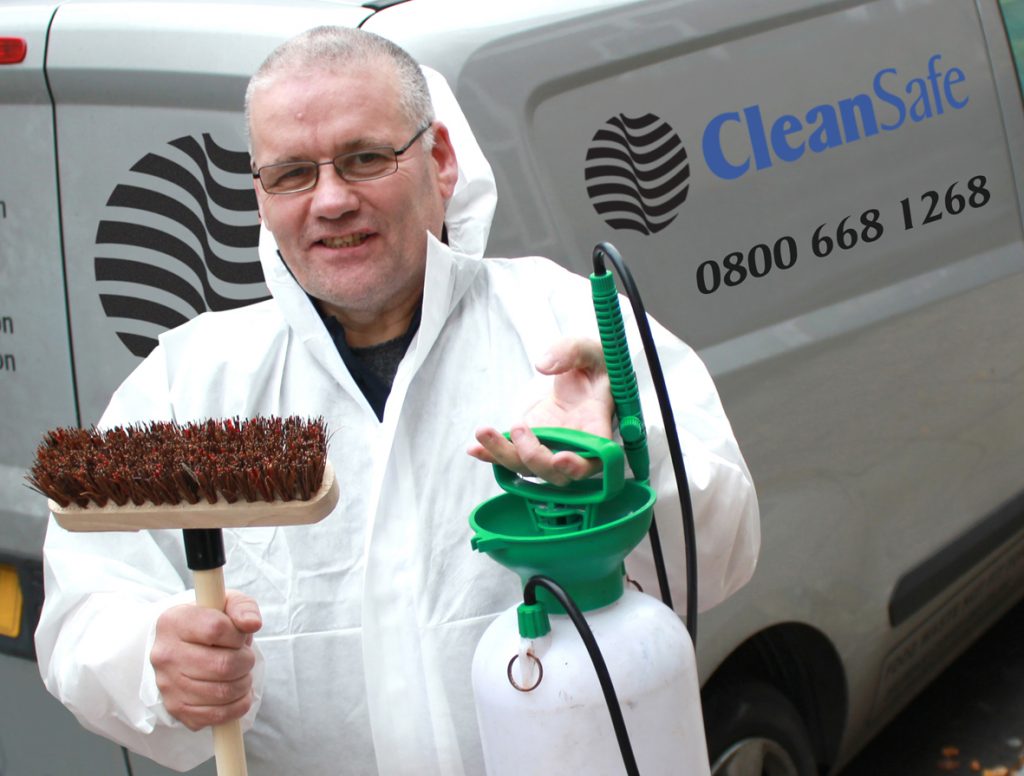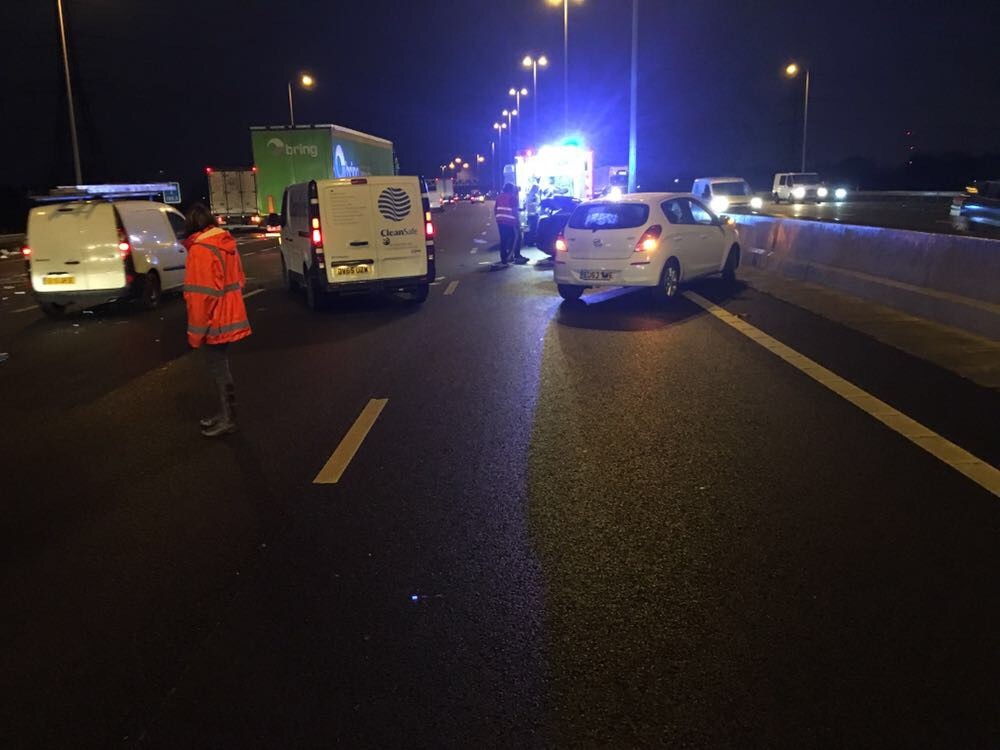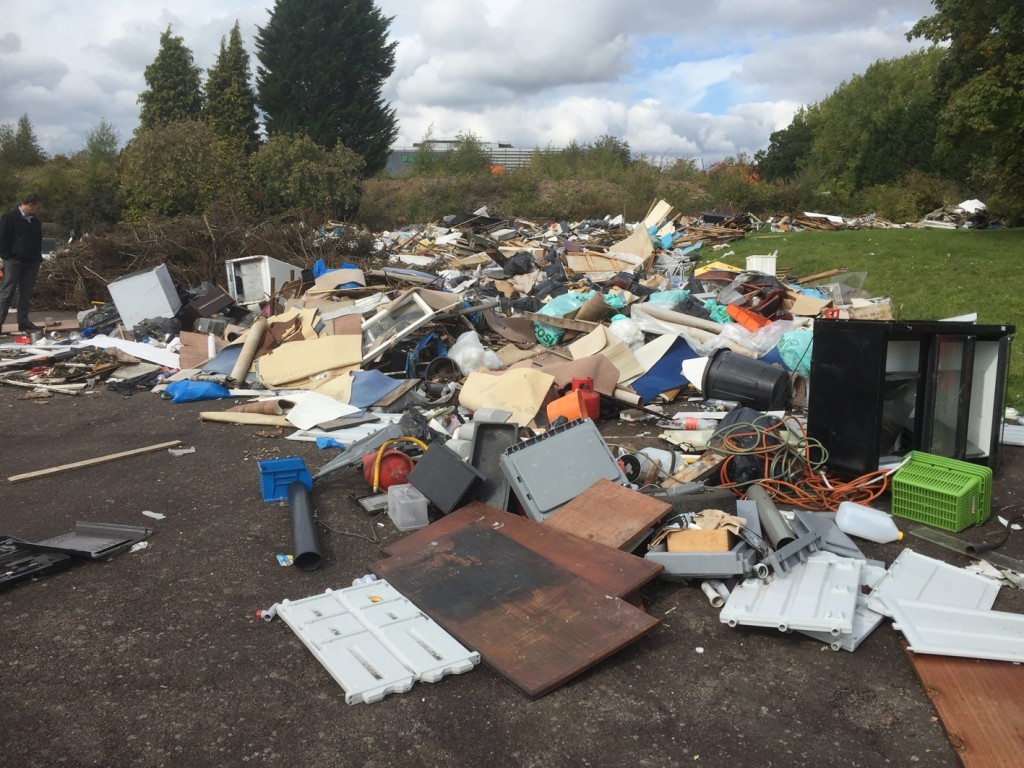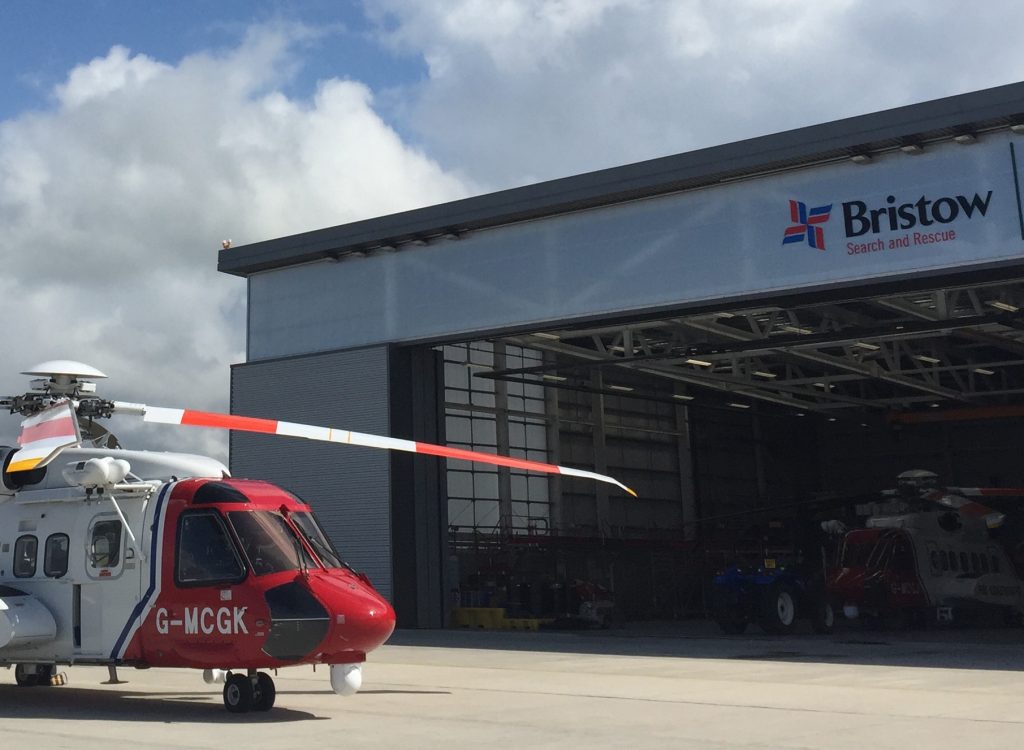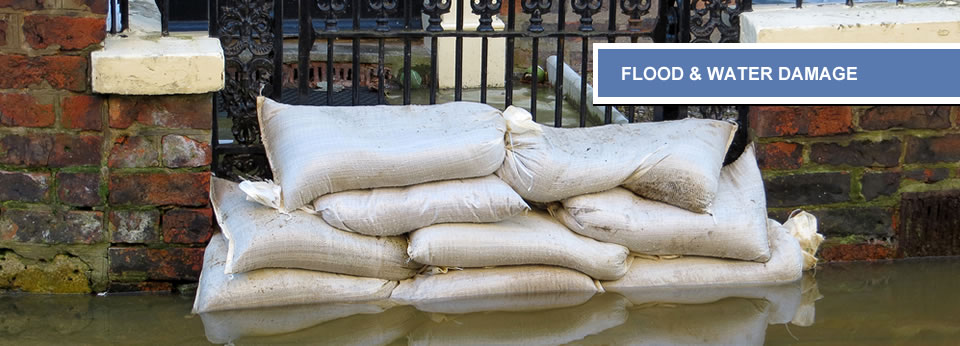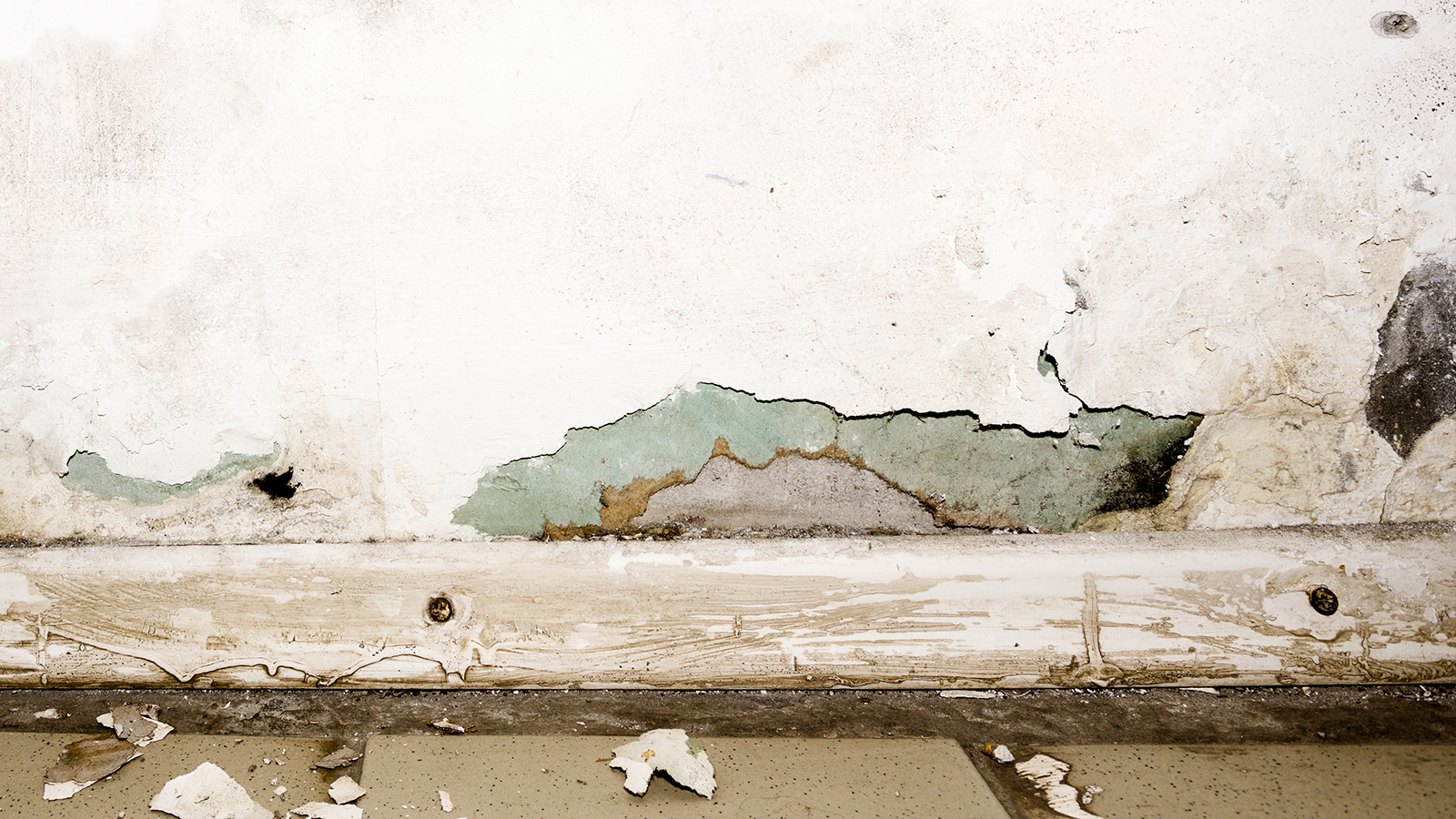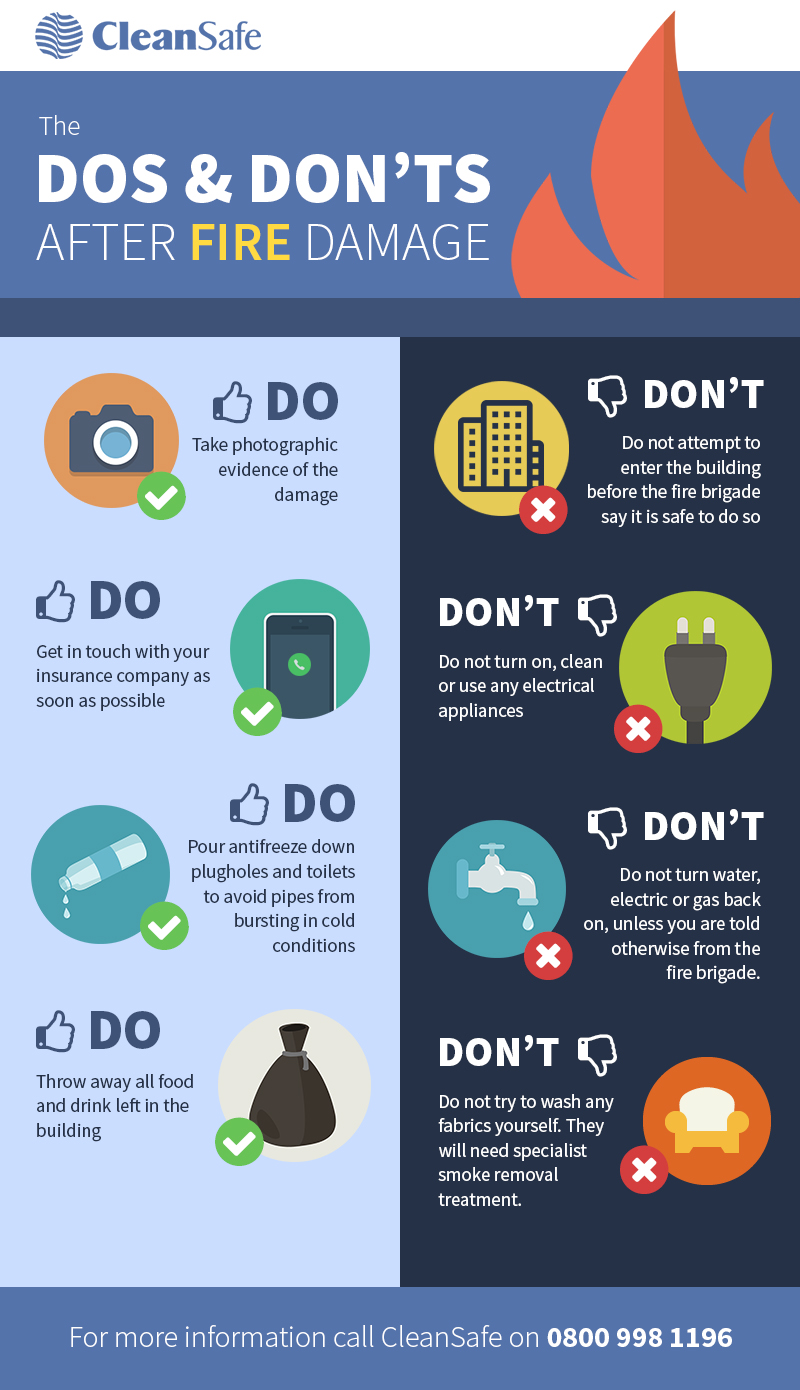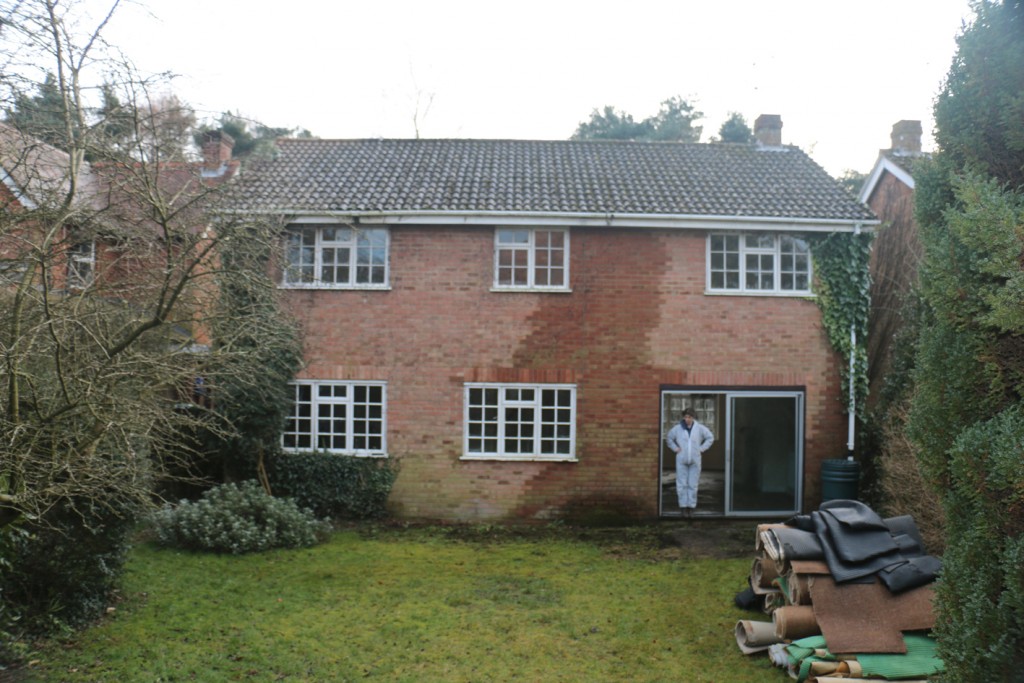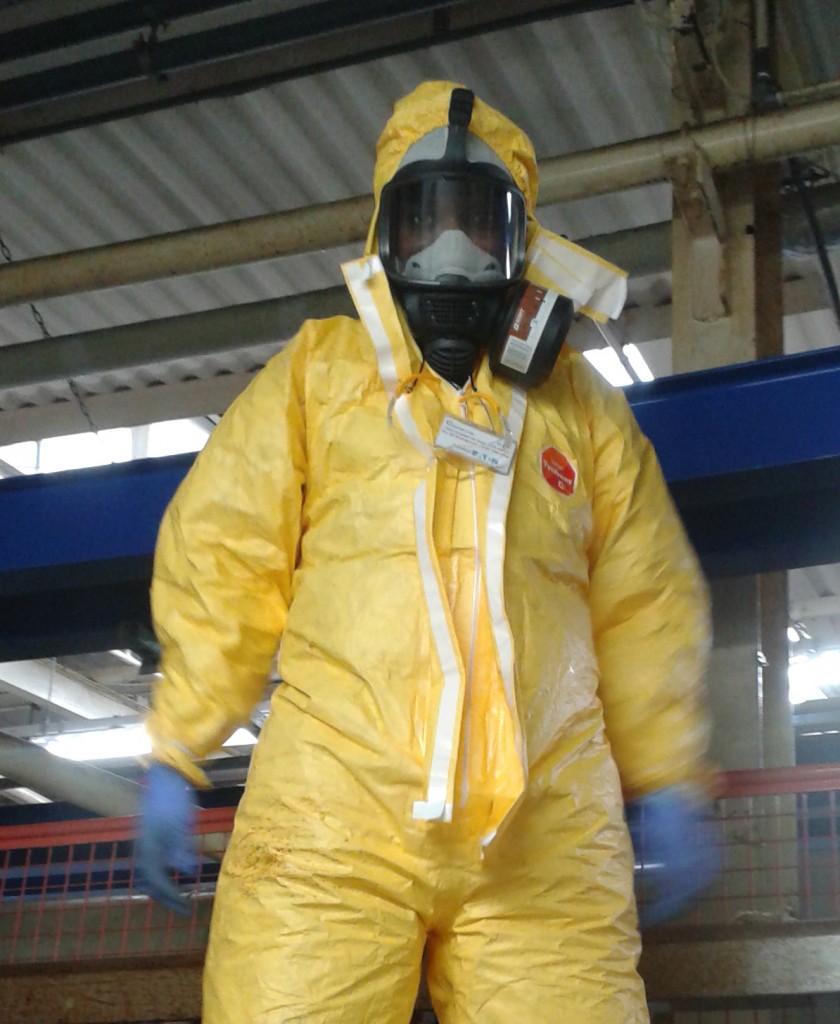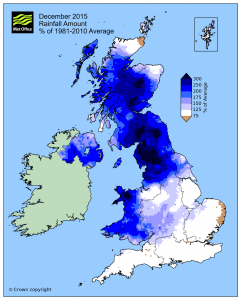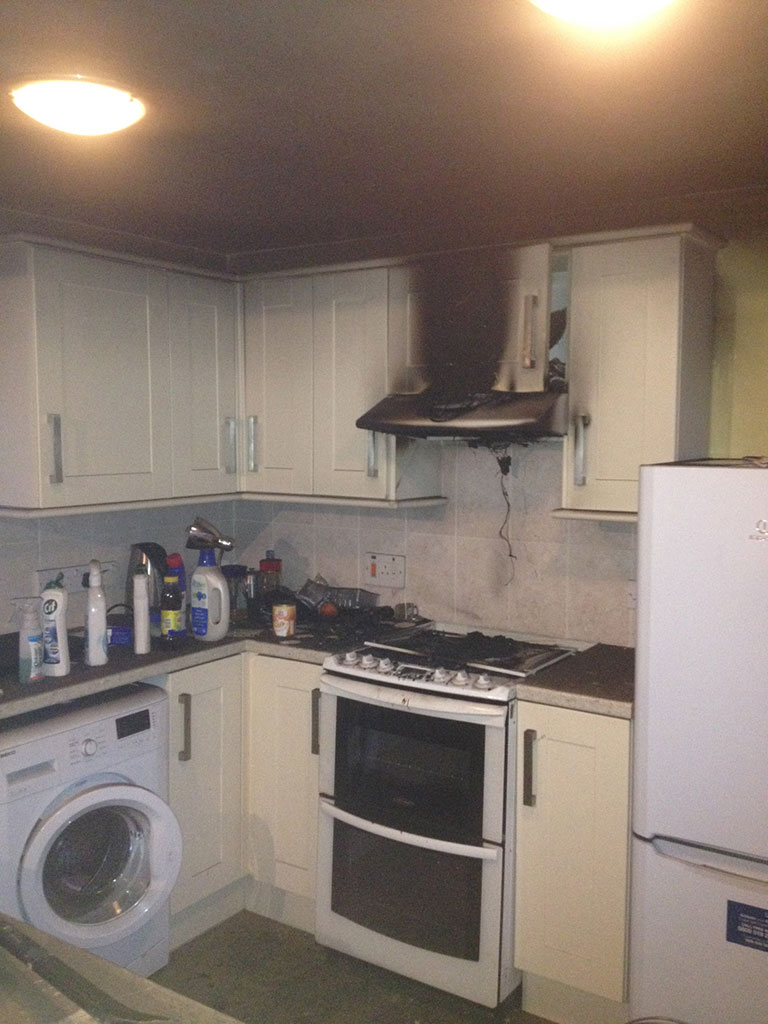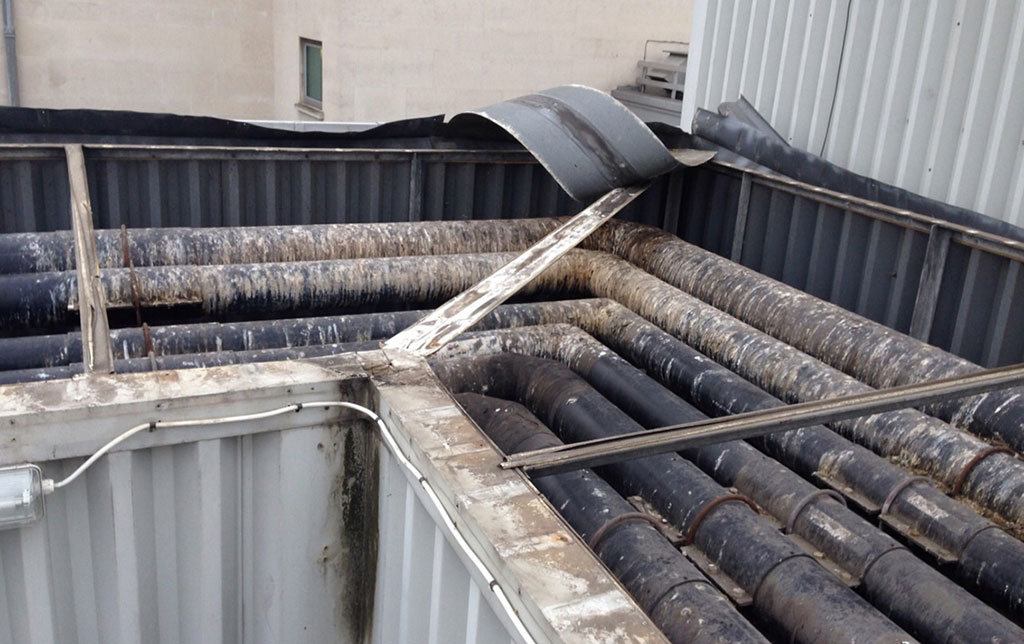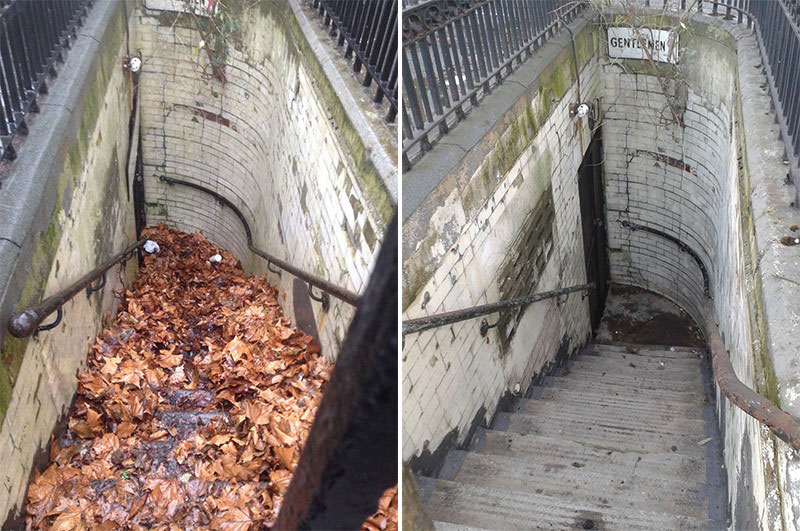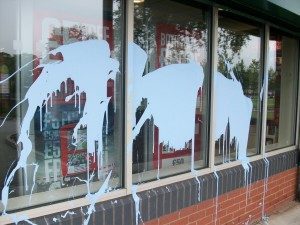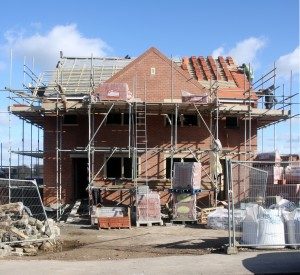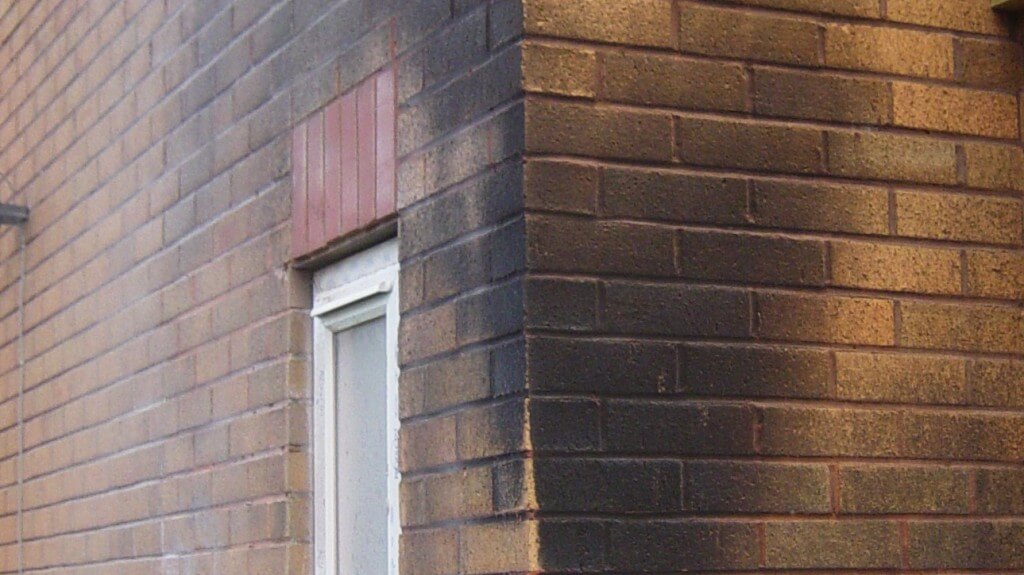- Feral pigeons and seagulls can require specialist pest control
- Bird problems generate significant complaints from employees and business customers
- Humane bird control methods are available that don’t disturb nesting birds
The nuisance that birds can cause to businesses are often overlooked until this time of year – when they become front-of-mind for facilities managers dealing with complaints from clients. Over the spring and summer months, high volumes of droppings from nesting birds cause damage to buildings and cars parked beneath them..
The RSPB advises that preventing access to food is the key to deterring pigeons and seagulls, but if that is not enough, a variety of humane bird control methods are available through bird proofing and prevention.
It is an offence to disturb a nest
The nesting season for most birds starts in spring. However, feral pigeons are increasingly nesting all year round and lay eggs between 4 and 8 times each year – which only adds to their unpopularity.
It is an offence to remove a wild bird’s nest while it is being built or used – even feral pigeons are protected under the Wildlife and Countryside Act 1981 and must be dealt with under a General Licence. Specialist bird control methods are available, including those that do not harm the birds or disturb their nests.
Gulliver Hill, Director of PestSafe Services, said: “It is very important to check that the pest control company you use is familiar with the law, because when it comes to bird control activity, the property owner is responsible if the contactor gets it wrong.”
Birds are a potential health risk
Birds often carry fleas and other biting insects including bed bugs and chicken mites. Their droppings may also carry parasites and harmful diseases including Salmonella and E. coli. The bacteria are spread when people touch droppings or accidentally eat or inhale them in contaminated air.
“Outside dining areas always become very popular over the spring and summer months,” says Gulliver Hill. “The purpose of bird control is to maintain food hygiene by protecting diners from birds and bird droppings.”
Seagulls can lose their fear of humans and have been known to cause injury while aggressively trying to steal food from people. They can also be controlled by experienced pest control agencies.
Bird droppings are acidic and cause damage
Bird droppings are unsightly and present a slipping hazard in areas of high footfall. More importantly, highly acidic bird droppings cause damage to the fabric of buildings. This corrodes surfaces. Flooding can also be caused by gutters filled with feathers and nesting debris. Bird droppings are well known to damage the paintwork of cars parked beneath roosting sites.
Bird proofing with netting
Bird netting is an effective method of bird control. It stops access to areas of the building that present a roosting opportunity for birds. The birds are not harmed in any way and are simply unable to access the protected area.
The netting is available is different gauges, designed to exclude different types of birds. It comes in a range of colours to blend into the building’s design – protecting against birds without compromising on aesthetics.
Bird netting can be placed vertically, preventing birds from entering the area and protecting the fascia of the building, or horizontally, so that birds are unable to fly up into rafters or perch on the net. It is discreet and effective.
Bird proofing with bird spikes
Bird spikes are a humane and effective method of preventing larger birds from roosting on buildings. The spikes do not harm the birds; the feet of seagulls and pigeons are not adapted to landing on thin, spiky branches, so they are simply unable to perch there.
Bird spikes are placed on flat surfaces where birds may want to land, such as signs, roofs, chimneys, gutters, pipes and statues. They can be fixed to almost any material, including glass, masonry, plastic and canvas.
The spikes require little maintenance and are completely reversible.
About PestSafe Services
PestSafe Services specialist teams operate around the clock 365 days a year to serve commercial and residential customers.
The company’s highly trained and skilled technicians offer control and monitoring solutions for pests (rodents, insects and birds) especially where food hygiene and a risk to health is concerned.
Key sectors it operates in include facilities management, property management, food manufacturing and retail, warehousing, restaurants and hospitality, local government, housing and care homes.
PestSafe Services sets the highest standards for pest control methodology, staff training and safety. The company is accredited by the British Pest Control Association (BPCA) and the National Pest Technicians Association (NPTA).
PestSafe Services is part of a group of companies offering associated services, including emergency cleaning and waste collection, and water safety management.


